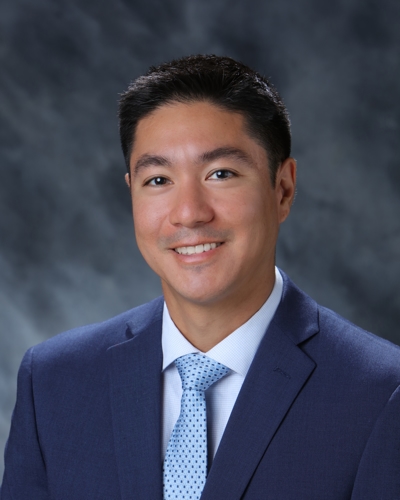
Preparing for Surgery
Medications to Avoid Before Surgery
- There are certain medications that can increase your risk of bleeding during and after surgery. These medications include aspirin and NSAIDs such as Advil, Motrin, and Aleve. These medicines should not be taken for 2 weeks prior to and 2 weeks after surgery. You may substitute Tylenol for these medications.
- Vitamin E and herbal medications such as gingko biloba, ginseng, and garlic tablets can also increase your risk of bleeding and should be stopped prior to surgery. Please advise our office of all nutritional supplements and medications, prescribed or “over-the-counter” that you are currently taking.
Preoperative Prescriptions
- Prior to surgery, your doctor will most likely prescribe a few medications. It is important to follow our instructions and start the medications at the appropriate times.
- Although pain medications will be prescribed to you by your doctor, you are encouraged to take extra strength Tylenol or regular Tylenol instead of prescription pain medications for mild pain or discomfort to prevent constipation and nausea.
- Depending on your allergies and degree of disease, an antibiotic will be prescribed to you. Antibiotics should be started the evening of surgery.
Smoking
- Smoking can severely affect the outcome of your sinus surgery. Smoking causes increased scar tissue and poor healing that can lead to poor outcome of surgery. We will usually require you to stop smoking 3-4 weeks before surgery and to avoid smoking for an additional month after surgery.
Alcohol
- Alcohol is a potent vessel dilator and can promote edema or swelling and even bleeding. It is best to abstain from heavy drinking for 2 weeks prior to surgery and to avoid any alcohol intake the week after surgery.
The Day of Surgery
- It is extremely important that you do not eat or drink anything after midnight the night before your surgery, so that the anesthesiologist can safely put you to sleep. If your stomach is not empty the day of surgery, the surgery will have to be postponed.
- You may take medications prescribed for heart, asthma, seizures, or high blood pressure the morning of surgery with a sip of water.
- You may brush your teeth.
-
ENT/Otolaryngology ENT, Otolaryngology 2557 Mowry Ave.
Suite 30
Fremont, CA 94538
(510) 248-1590 More Information
View All
/




